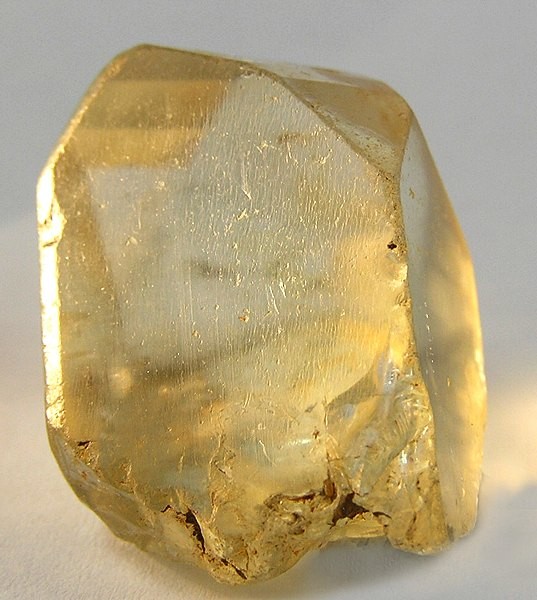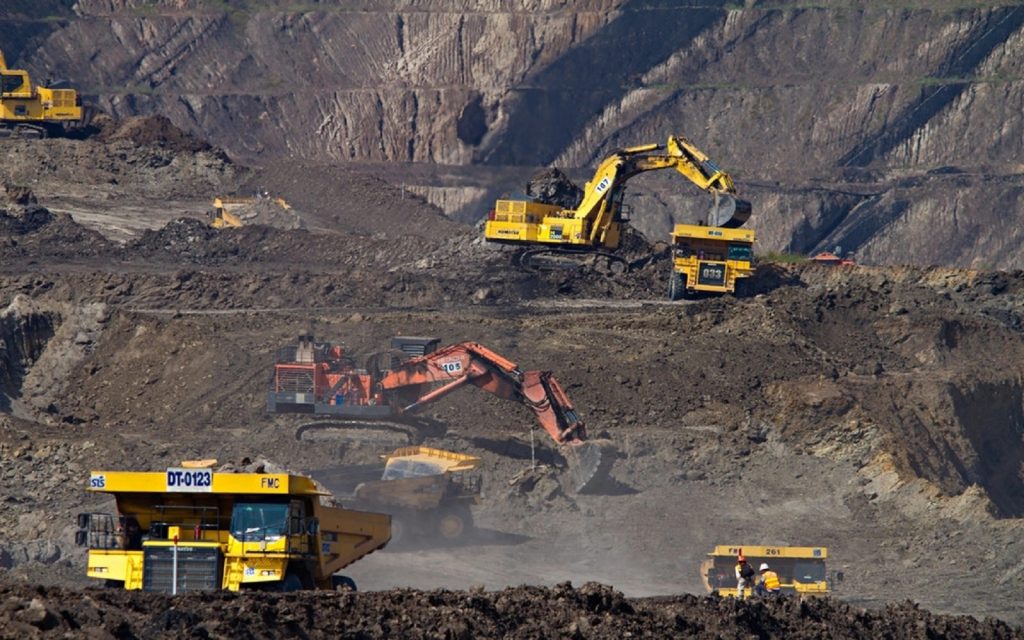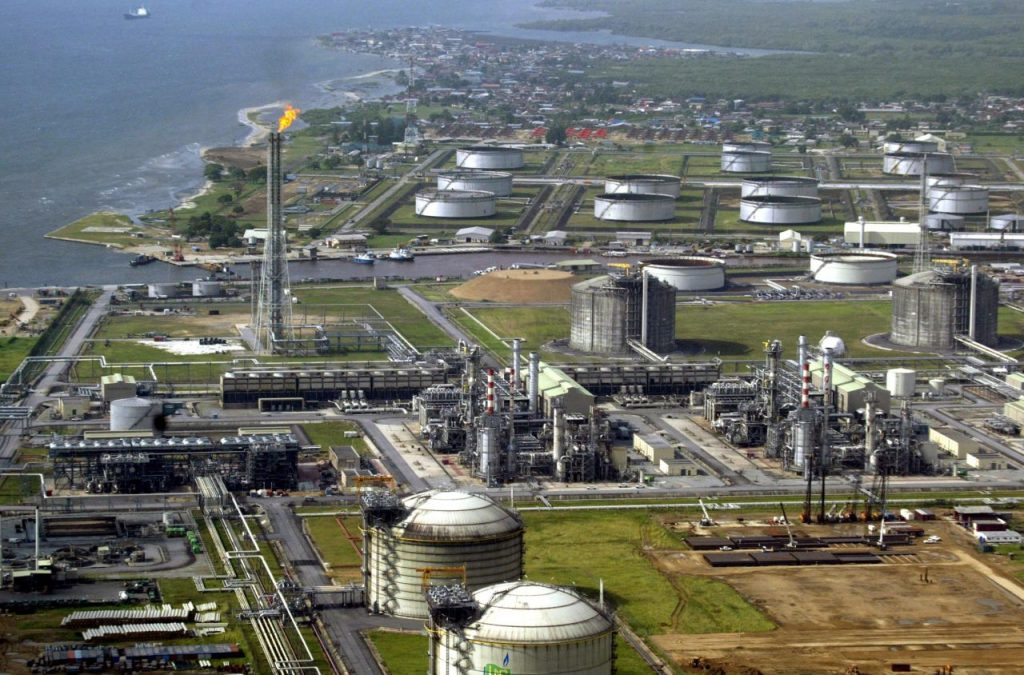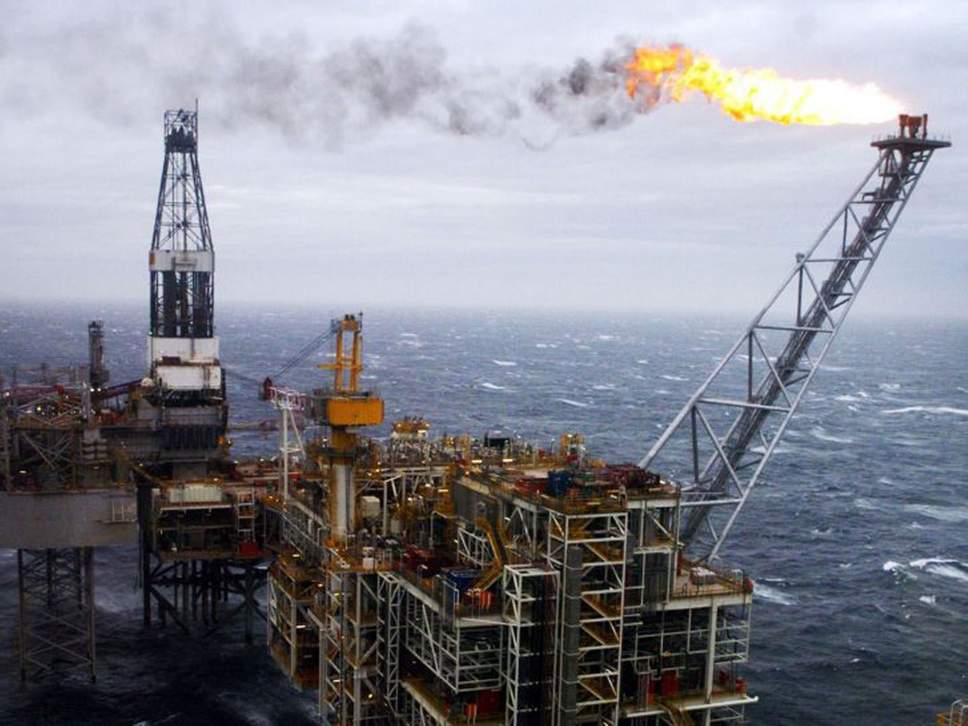Nigeria’s Mining and Crude Oil: Pillars of the Economy
The mining sector in Nigeria contributes only 0.3% to its gross domestic product, largely overshadowed by the country’s abundant oil resources. The domestic mining industry is relatively underdeveloped, forcing Nigeria to import minerals it could otherwise produce locally, such as salt or iron ore. The Federal Government of Nigeria holds rights to mineral resources ownership, granting titles to organizations for exploration, mining, and sale of these resources. Organized mining commenced in 1903 with the creation of the Mineral Survey of the Northern Protectorates by the British colonial government, followed by the Mineral Survey of the Southern Protectorates a year later. Nigeria was a significant producer of tin, columbite, and coal by the 1940s, but the discovery of oil in 1956 shifted focus away from mineral extraction.
The Nigerian Civil War in the late 1960s resulted in the departure of many expatriate mining experts. Mining regulation falls under the purview of the Ministry of Solid Minerals Development, responsible for overseeing all mineral resources in Nigeria. The Federal Minerals and Mining Act of 1999 codifies mining law. Historically, state-owned corporations monopolized Nigeria’s mining industry, leading to a decline in productivity across mineral sectors. In 1999, the Obasanjo administration initiated the privatization of government-owned corporations, selling them to private investors.
In recent years, the Nigerian Mining Industry has seen a resurgence, particularly with the “Economic Diversification Agenda.” This initiative aims to shift focus from oil and gas to various sectors, including agriculture and mining, contributing to the revival and growth of the mining industry in the country.

Nigeria Coal, lignite and coke Mining
The Nigerian Coal Corporation, established in 1950, held a monopoly on coal, lignite, and coke mining, processing, and sales until 1999. Coal was initially discovered in Enugu in 1909, and by 1916, the Ogbete Mine began regular coal extraction. However, the Nigerian Civil War in the late 1960s resulted in mine abandonments, and post-war attempts at mechanization in the 1970s and 1980s faced challenges, hindering production. Following the war, coal was converted to diesel, and the industry declined.
Efforts to privatize the Nigerian Coal Corporation and sell its assets are ongoing. The domestic coal market has suffered due to the shift to diesel and gas-powered engines. However, the low-sulfur coal from Nigeria remains desirable to international customers in Italy and the United Kingdom. Financial issues have led to a near shutdown of mining operations, prompting the corporation to sell assets while awaiting government privatization.
In 2008, the Nigerian government considered coal as an alternative power source amid power sector reforms. Chinese investors were encouraged to invest in the coal industry. The Nigerian Mining Cadastre Office, a subsidiary of the Ministry of Mines and Steel Development, manages all mining licenses and rights in Nigeria.

Nigeria Gold Mining
Gold deposits in Northern Nigeria are notably located near Maru, Anka, Malele, Tsohon Birnin Gwari-Kwaga, Gurmana, Bin Yauri, Okolom-Dogondaji, and Iperindo in Osun state. Gold production in the region commenced in 1913, reaching its peak in the 1930s. However, during the Second World War, production experienced a decline, and colonial companies abandoned mines, leading to a failure to recover production levels.
In the early 1980s, the Nigerian Mining Corporation (NMC) was established to explore gold, but it faced challenges such as lack of funding and the allure of easier profits from oil production. The NMC ultimately failed. In recent times, there has been some progress in gold exploration in Osun State, located in South Western Nigeria. Despite this, small-scale mining activities conducted by artisanal miners continue to be prevalent.
The Allie family from Anka is recognized as one of the prominent gold families in the region, contributing to the historical and contemporary significance of gold mining in Northern Nigeria.

Challenges in the Mining Sector
The mining industry in Nigeria has traditionally been overshadowed by the dominance of the oil and gas sector, limiting the exploitation of other abundant mineral resources. Despite this, Nigeria boasts a wealth of minerals, including coal, limestone, tin, gold, tantalite, and more.
Regulatory and Legal Challenges:
- The mining sector in Nigeria grapples with a complex regulatory framework and legal issues.
- Inconsistent policies, overlapping responsibilities between federal and state governments, and unclear land tenure systems have deterred investors and impeded industry growth.
Infrastructure Deficit:
- Inadequate infrastructure, encompassing transportation, power supply, and water access, poses a significant challenge for the mining sector in Nigeria.
- Operational costs increase due to these deficiencies, making mining less appealing for potential investors.
Security Concerns:
- Many mining regions in Nigeria experience security challenges, including illegal mining activities, community conflicts, and, in some cases, armed banditry.
- Security issues have deterred investments and created an unstable operating environment for mining operations.
Environmental and Social Concerns:
- Environmental and social impacts of mining operations, especially in artisanal and small-scale mining (ASM), raise concerns.
- Poor mining practices, such as unregulated mercury use and deforestation, negatively affect local communities and ecosystems.
Limited Access to Finance:
- Access to finance is a significant hurdle for both small-scale and large-scale mining in Nigeria.
- Banks are often reluctant to provide loans to the sector due to perceived risks, limiting the financial resources available for mining projects.
Nigeria’s Crude Oil: The Economy’s Main Pillar
The history of oil exploration in Nigeria dates back to 1903 when the Nigerian Bitumen Corporation initiated exploratory work. During World War I, the firm’s activities came to a halt due to limited technological and financial resources. Larger oil companies with more significant capabilities then took over commercial oil exploration in the country. Licenses were initially granted to D’Arcy Exploration Company and Whitehall Petroleum, but both companies returned their licenses in 1923 after finding no commercially viable oil. A new license was later awarded to Shell D’arcy Petroleum Development Company of Nigeria, a consortium of Shell and BP, in 1937.
Although initially granted a license to explore oil throughout Nigeria, the acreage allotted to the company was reduced in 1951 and further adjusted between 1955 and 1957. Drilling activities commenced in 1951, and the first test well in the Owerri area resulted in the discovery of non-commercial oil at Akata in 1953. Significant oil finds were made at Oloibiri in 1956, followed by other wells such as Afam and Bomu in the Ogoni territory. Crude oil production began in 1957, with 847,000 tonnes exported in 1960. In the late 1950s, non-British companies obtained licenses for oil exploration, including Mobil in 1955, Tenneco in 1960, Gulf Oil (later Chevron) in 1961, Agip in 1962, and Elf in 1962.

Before the discovery of oil, Nigeria primarily relied on agricultural exports for its economic sustenance. Shell-BP’s discovery of oil at Oloibiri in 1956 marked a transformative moment. However, despite the anticipation of robust economic growth, competition for oil profits, coupled with the government retaining a significant share, limited the economic benefits for the populace. Many Nigerians feel they have not reaped the rewards of oil extraction due to government officials maintaining majority control over profits, resulting in minimal socio-economic gains for citizens.
As of 2023, Nigeria’s President, Bola Tinubu, has taken steps to privatize the oil and gas industry. Decades of government ownership and control, often associated with corruption, have left citizens largely impoverished. Tinubu aims to bring about greater equity and economic benefits through privatization and free markets, intending to break away from the historical pattern of government capturing most oil production profits.
- Production and Types:
- Nigeria is the second-largest oil and gas producer in Africa, following Angola.
- Crude oil extracted from the Niger Delta basin is classified into two types: light and comparatively heavy. Light crude has an API gravity of around 36, while the heavier type has an API gravity of 20–25. Both types are paraffinic and low in sulfur.
- Economic Impact:
- Nigeria has heavily relied on income and revenues generated from the petroleum industry to support its economy and budget since 1960.
- As of February 2021, the Nigerian oil sector contributes approximately 9% to the nation’s entire Gross Domestic Product (GDP).
- Global Exporter:
- Nigeria is a major exporter of crude oil and petroleum products, with a notable share of its exports going to the United States.
- In 2010, Nigeria exported over one million barrels per day to the United States, representing 9% of the U.S. total crude oil and petroleum products imports and over 40% of Nigeria’s exports.
- Reforms and Legislation:
- The Goodluck Jonathan administration initiated the Petroleum Industry Bill (PIB) on July 18, 2008, in response to the need for holistic reforms in the petroleum industry.
- The PIB aims to address issues related to the ease of doing business and encourages local content in the industry.
- Challenges and Opportunities:
- The oil and gas industry in Nigeria faces challenges such as environmental concerns, pipeline vandalism, and illegal refining activities.
- Efforts to reform the sector, encourage local participation, and create a conducive business environment are seen as opportunities for growth and sustainability.

It’s important to note that developments in the oil and gas sector, including legislative changes and economic data, may have occurred since the last update in January 2022.
As of 2000, Nigeria heavily depended on oil and gas exports, which constituted over 98% of export earnings, about 83% of federal government revenue, and contributed more than 14% to its GDP. The sector also generated 95% of foreign exchange earnings and approximately 65% of government budgetary revenues. Nigeria’s proven oil reserves were estimated between 16 and 22 billion barrels, making it the tenth most petroleum-rich nation globally and the wealthiest in Africa. The country’s crude oil production averaged around 2,200,000 barrels per day in mid-2001.
Most of Nigeria’s oil reserves are concentrated in the Niger Delta, with offshore rigs prominent in the coastal region. Nigeria, capable of increasing oil output, faced productivity challenges due to OPEC regulations, intermittent disruptions from Niger Delta protests, and small, scattered oil fields. The coastal Niger Delta Basin, specifically the South-south region, houses the most productive oil fields. Nigeria’s petroleum is predominantly classified as “light” and “sweet,” with Bonny Light being a notable crude type.
As of 2010, Nigeria was a significant source of U.S. oil imports, but exports to the U.S. ceased in July 2014 due to the impact of shale production. India became the largest consumer of Nigerian oil. The country has six petroleum export terminals, with Shell, Mobil, Chevron, Texaco, and Agip each owning one. Shell additionally owns the Forcados Terminal, while Mobil operates the Qua Iboe Terminal, Chevron the Escravos Terminal, Agip the Brass Terminal, and Texaco the Pennington Terminal.
Related Reading Top Nigerian Figures 2024: Music Video Directors, TG Omori’s Fees, Aliko Dangote
